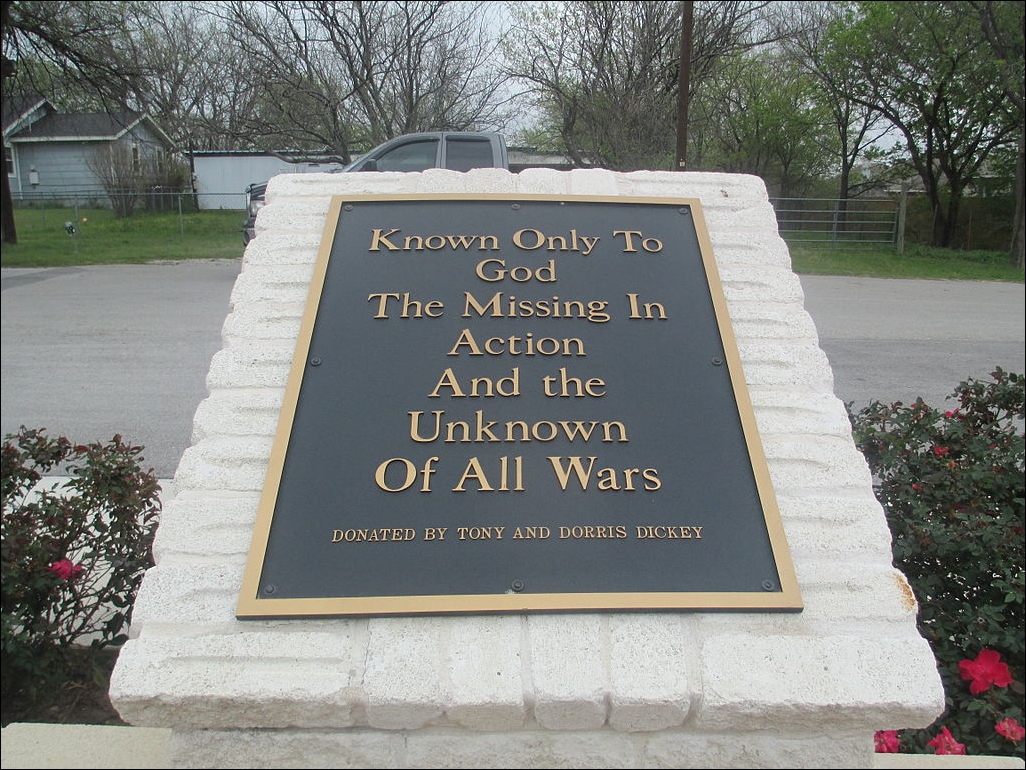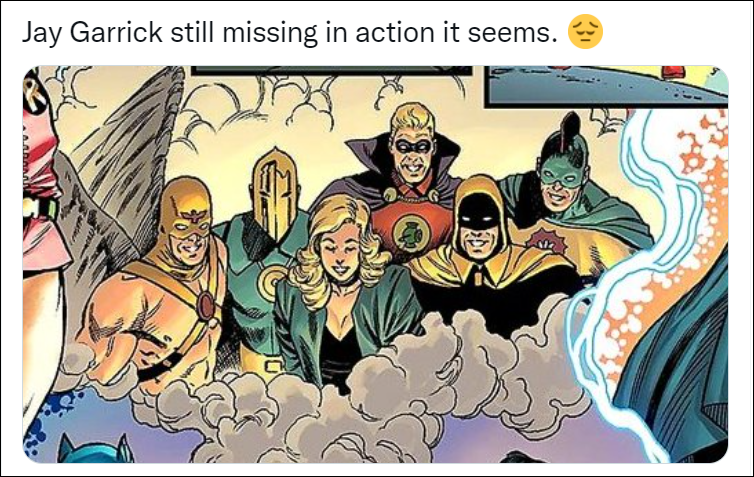MIA has been part of internet communication for a long time now. Before the acronym began its journey as a textual slang, its initial and only purpose was unsettling. MIA, which stands for ‘Missing In Action’ reports the absence of a person who was otherwise active and present — in both harmless (online) and violent (offline) scenarios.
Originally, MIA was and still is a tragic announcement at or after war. But, on the internet and while texting, it’s a gentle reminder that someone hasn’t been as communicative as usual. It is not necessary to find and identify people who are Missing In Action in today’s digital world. But, on the acronym’s home ground, that is a mandate.
The Origin Story of MIA

The phrase ‘Missing In Action’ was born on the grounds of war. The earliest recorded usage of this acronym was in 1808. It is an alarming message to inform of soldiers who are MIA on a mission. There are many reasons why soldiers at war go missing in action, and the most possible are death, injury, or captivation.
Military organizations use this phrase even today to notify authorities and respective families of missing militants. Combatants continue to stay MIA until they are found and identified. In most cases, that is a rare opportunity. Many times, soldiers who are MIA may be killed or hanged in the war.
The death of soldiers who are MIA continues to stay a mystery and their graves are never discovered. Apart from death, soldiers can also go MIA when they’re being held as POWs (Prisoners Of War) by the enemy, injured, or deserted. MIA, the acronym, in its original essence depicts the pain and frustration from the lack of closure.
What Does MIA Mean in Slang?
In the digital world, MIA has a wholly digestible meaning and use-case. Labeling someone as ‘MIA’ textually, in non-military contexts, is simply a heads-up regarding the person’s missing whereabouts. It’s typically not a fatal call, and rather an update.
On a personal level, we refer to someone as MIA when they aren’t responding to texts, calls, and/or emails. In a larger context, MIA can refer to people who are missing in a particular scenario. This is ideally a voluntary choice made by the MIA. For example, performers who disappear after a blockbuster and never return for another.
When people leave no trace of their current existence and disappear into technological thin air, they’re Missing In Action. Unlike the real-life tragedy behind the acronym, online, MIA is a phrase that says someone isn’t available, physically or virtually out of sight and/or out of range.
Here are some examples to help understand MIA in the digital context:
- No idea. He’s been MIA for a while.
- The team needs her and she’s MIA!
- You can’t help it if your trainer itself is MIA.
- Yeah, the date is on, but my date seems to be MIA.
- Look, I know I’ve been MIA. That doesn’t mean you stalk my address!!
Many times MIA is used in its expanded form, online. That is, digital users also type out ‘missing in action’ instead of MIA. Both invariably work the same way.
How to Use MIA Online?

Popular use-cases for this acronym fall under military contexts — even online. MIA surfaces the most when people are reporting MIA soldiers or remembering them on digital platforms. Nevertheless, it can also be used casually in reference to people who are absent virtually or physically.
Unlike many internet slangs, MIA can appear in both formal and informal contexts. You can use this acronym while talking to your boss or any other formal figure about people who are missing in action in the same way you can with informal circles. MIA is recognized, understood, and acceptable in both spaces.
Using MIA Formally
Formal scenarios for the acronym include military content, political contexts, social causes, and (formal) professional conversations. Here are some examples supporting the formal usage of MIA:
- Brave soldier was declared MIA on the dawn of February 19th, 1967.
- I’m not sure, sir. He’s been MIA from the beginning of this week.
- The nation is a wreck and the PM has been MIA. What a shame!
- Stand up against harrassment. Don’t be Missing In Action.
Using MIA Informally
MIA can informally hint that someone or something is absent in a virtual or physical space. You can use it while referring to friends and family who are missing in action. Here are some instances:
- We were having a great time until those two went MIA!
- Some family members just choose to be MIA while building a home.
- Sorry, I was MIA for a while. I’m back now!
- Hey, hasn’t that rapper been MIA for uneasily long, now?
Analysis
Despite being originally (and still) used sparingly for military disappearances, MIA also has a casual usage while mentioning people who are missing in action for milder and most possibly non-life-threatening reasons. This internet slang holds equal relevance to both formal and informal statements and announcements of people who are MIA.
Remember, ‘Missing In Action’ and ‘missing’ are two different things. ‘Missing’ in non-war contexts has the same premise as ‘MIA’ in military contexts. When civilians go missing, there’s an underlying terror that they may be held captive, killed, injured, or isolated. This is the same understanding when combatants go MIA.
On the flip side, when civilians go MIA, it generally doesn’t evoke the same fear as when they go ‘missing’. When ordinary citizens who aren’t part of the military are ‘MIA’, it’s usually a sign that they’re either hiding, avoiding making public appearances, or out of public sight. It doesn’t always mean they’re in danger.
Conclusion
MIA is one of those rare acronyms that works for both formal and informal occasions, online and offline. It is mostly used while talking about soldiers of war who were or are missing in action on an assigned mission.
But it is also used while talking about people who are not to be seen or heard — therefore, missing in action. Nonetheless, a non-war context rarely depicts peril and is often a sign of intentional avoidance or disinterest.

